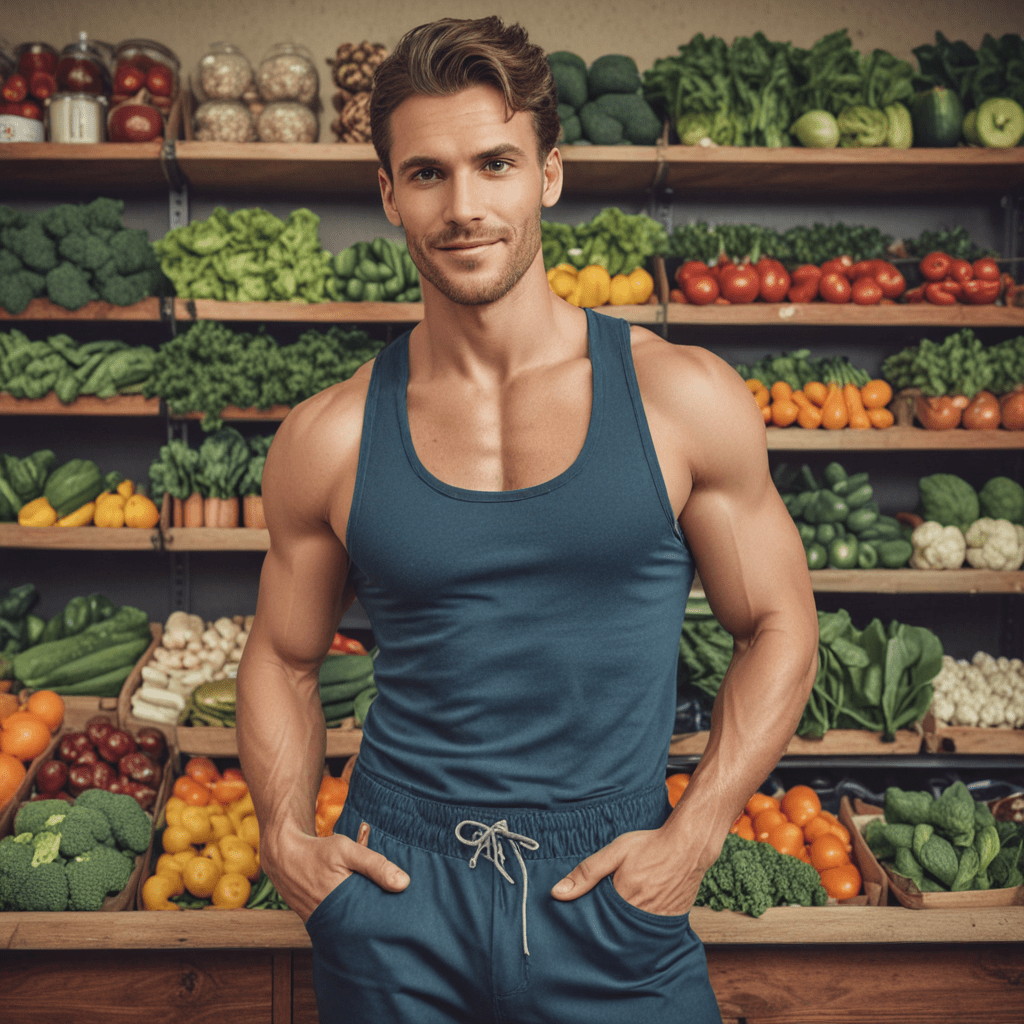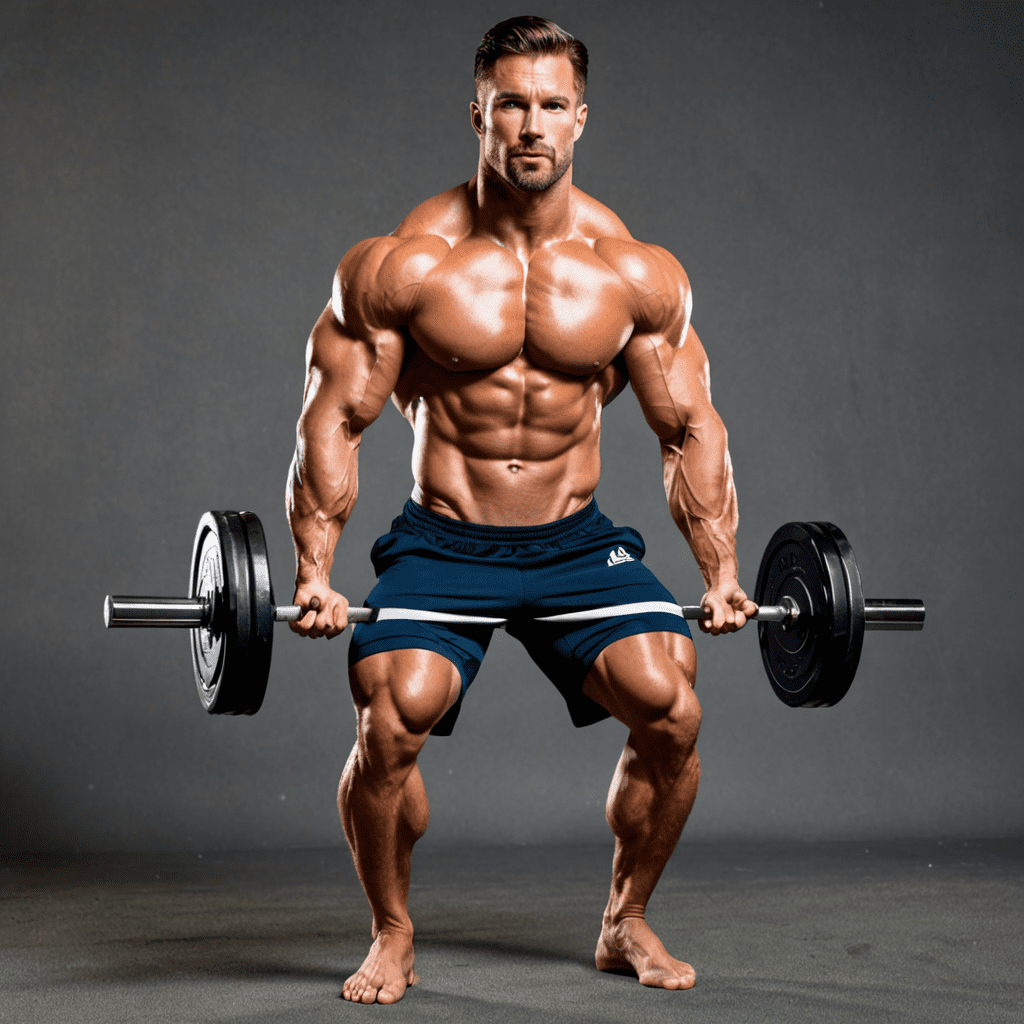
Tips for Healthy Eating on a Vegan Diet
A vegan diet is one that abstains from all animal products, including meat, dairy, eggs, and honey. While it can be a healthy and nutritious way to eat, it is important to take certain steps to ensure that you are getting all the nutrients your body needs.
1. Choose a Variety of Whole, Plant-Based Foods
The foundation of a healthy vegan diet is a variety of whole, plant-based foods. These foods include fruits, vegetables, legumes, whole grains, and plant-based fats. Eating a wide variety of plant-based foods will help you get all the nutrients your body needs.
2. Focus on Fruits and Vegetables
Fruits and vegetables are packed with vitamins, minerals, antioxidants, and fiber. They are essential for good health and should make up the majority of your vegan diet. Aim to eat at least five servings of fruits and vegetables per day.
3. Incorporate Legumes into Your Diet
Legumes are a great source of protein and fiber. They include beans, lentils, chickpeas, and peas. Aim to eat at least one serving of legumes per day.
4. Consume Whole Grains Regularly
Whole grains are a good source of fiber, vitamins, and minerals. They can help you feel full and satisfied after eating. Aim to eat at least three servings of whole grains per day.
5. Include Plant-Based Fats
Plant-based fats are essential for good health. They can help you absorb vitamins, produce hormones, and build cells. Good sources of plant-based fats include avocados, nuts, seeds, and olive oil. Aim to eat at least two servings of plant-based fats per day.
6. Get Enough Protein
Protein is essential for building and repairing tissues. While it is possible to get enough protein on a vegan diet, it is important to make sure you are eating enough protein-rich foods. Good sources of vegan protein include beans, lentils, tofu, tempeh, nuts, and seeds. Aim to eat at least 0.8 grams of protein per kilogram of body weight per day.
7. Supplement with Vitamin B12 and Omega-3 Fatty Acids
Vitamin B12 and omega-3 fatty acids are two nutrients that are difficult to get enough of on a vegan diet. Vitamin B12 is found in animal products, so vegans need to get it from fortified foods or supplements. Omega-3 fatty acids are found in fatty fish, so vegans need to get them from plant-based sources such as flaxseed, chia seeds, or algae oil.
8. Hydrate Adequately
It is important to drink plenty of fluids, especially water, on a vegan diet. Fluids help to keep you hydrated and can help to prevent constipation. Aim to drink at least eight glasses of water per day.
9. Read Food Labels Carefully
When you are on a vegan diet, it is important to read food labels carefully. This will help you to make sure that the foods you are eating are vegan and that they do not contain any hidden animal products.
10. Consider Consulting with a Registered Dietitian
If you are new to a vegan diet or if you have any concerns about getting enough nutrients, you may want to consider consulting with a registered dietitian. A registered dietitian can help you create a vegan diet that meets your individual needs.
FAQ
Can I get enough protein on a vegan diet?
Yes, it is possible to get enough protein on a vegan diet. Good sources of vegan protein include beans, lentils, tofu, tempeh, nuts, and seeds. Aim to eat at least 0.8 grams of protein per kilogram of body weight per day.
What are some good sources of vitamin B12 for vegans?
Vitamin B12 is found in animal products, so vegans need to get it from fortified foods or supplements. Good sources of fortified foods include cereals, plant-based milks, and nutritional yeast.
How can I get enough omega-3 fatty acids on a vegan diet?
Omega-3 fatty acids are found in fatty fish, so vegans need to get them from plant-based sources such as flaxseed, chia seeds, or algae oil. Aim to eat at least two servings of plant-based sources of omega-3 fatty acids per day.

